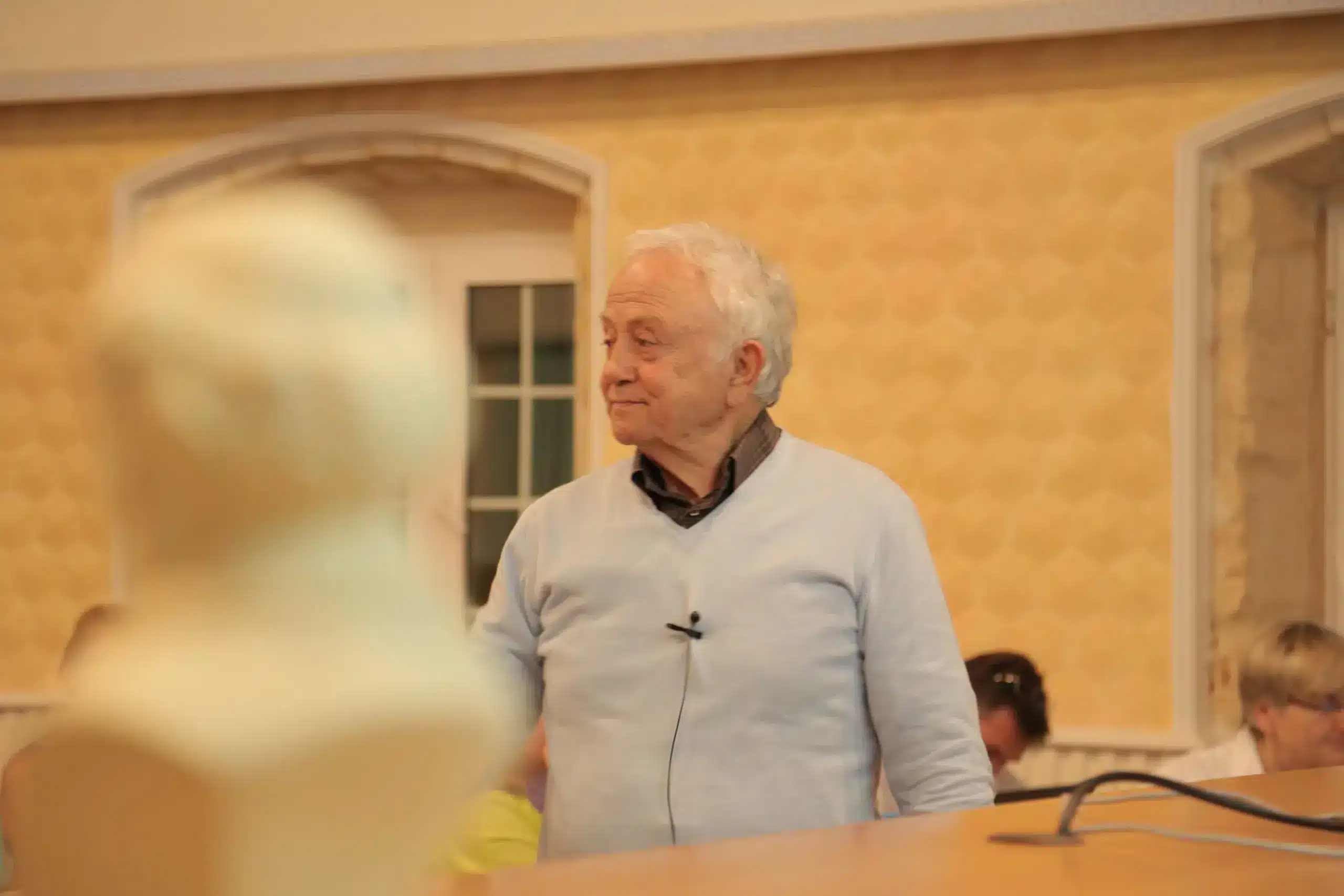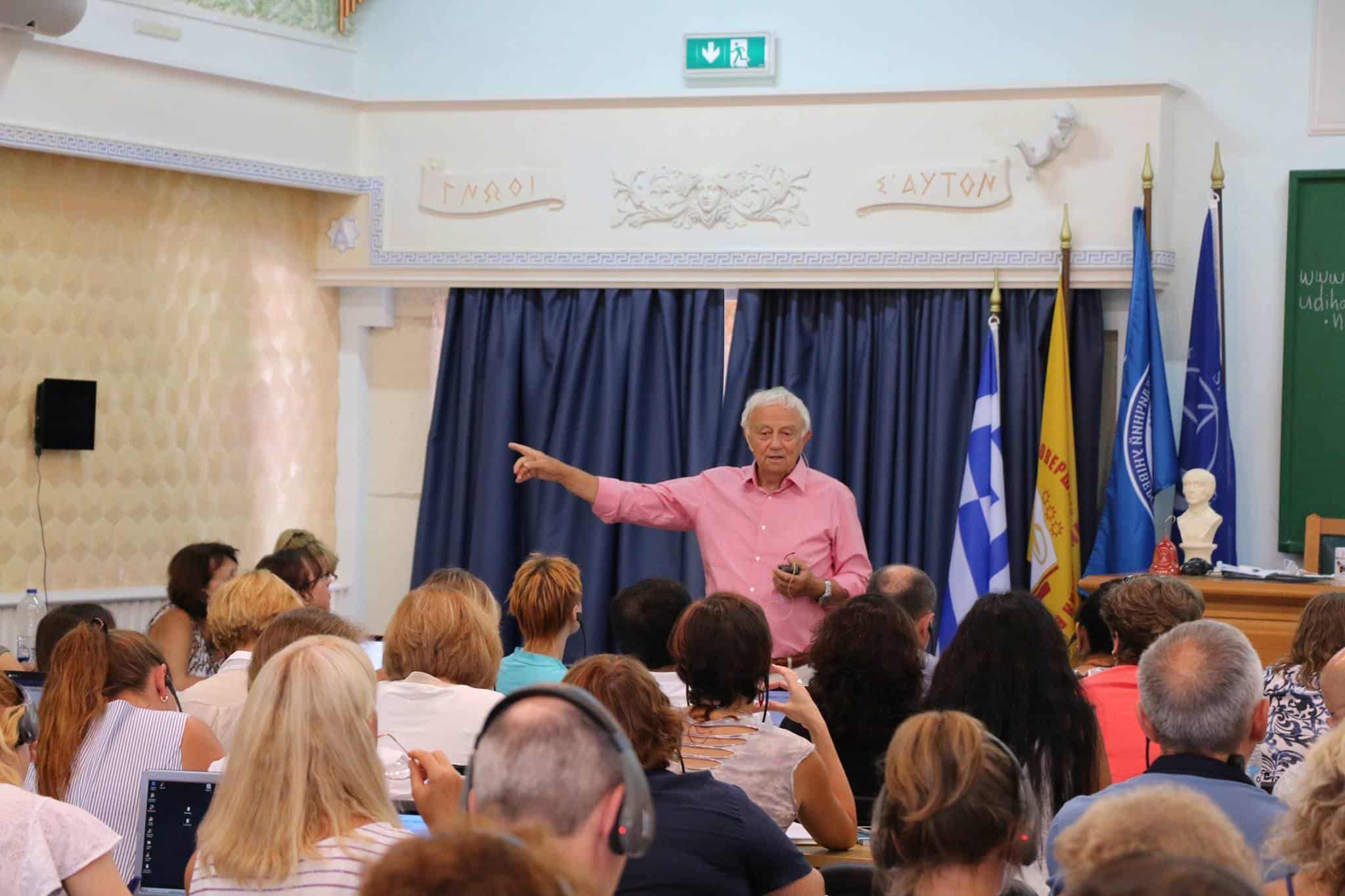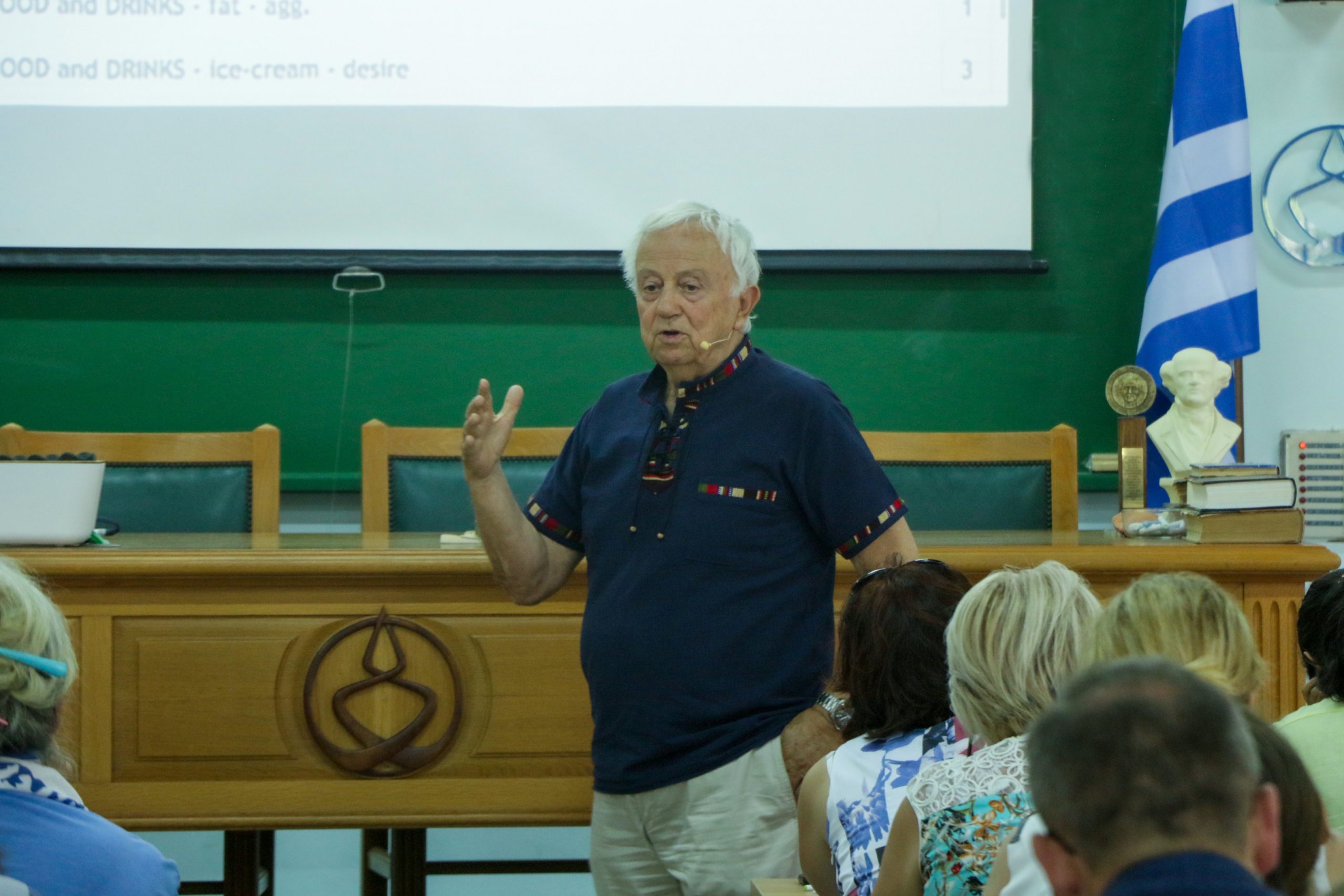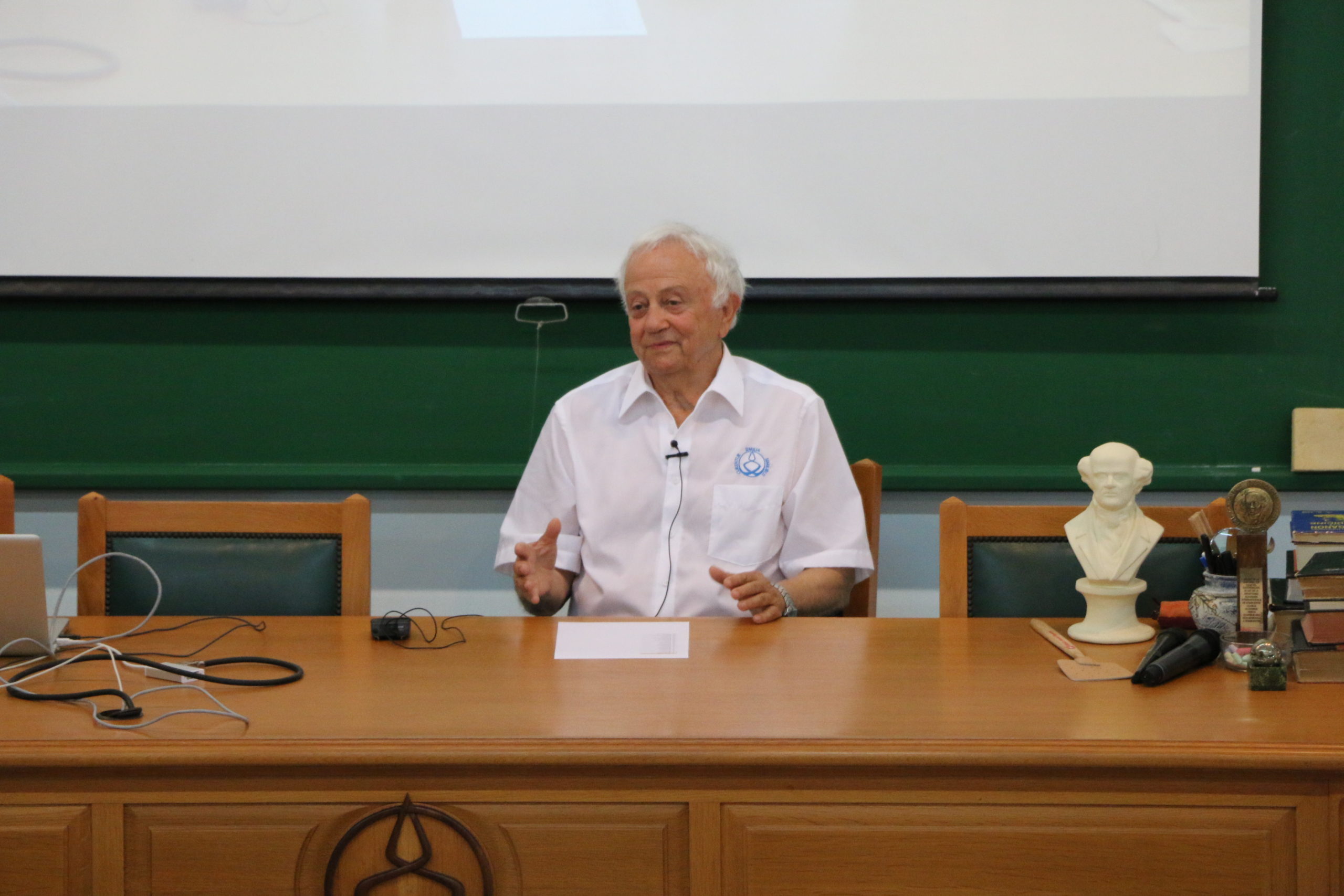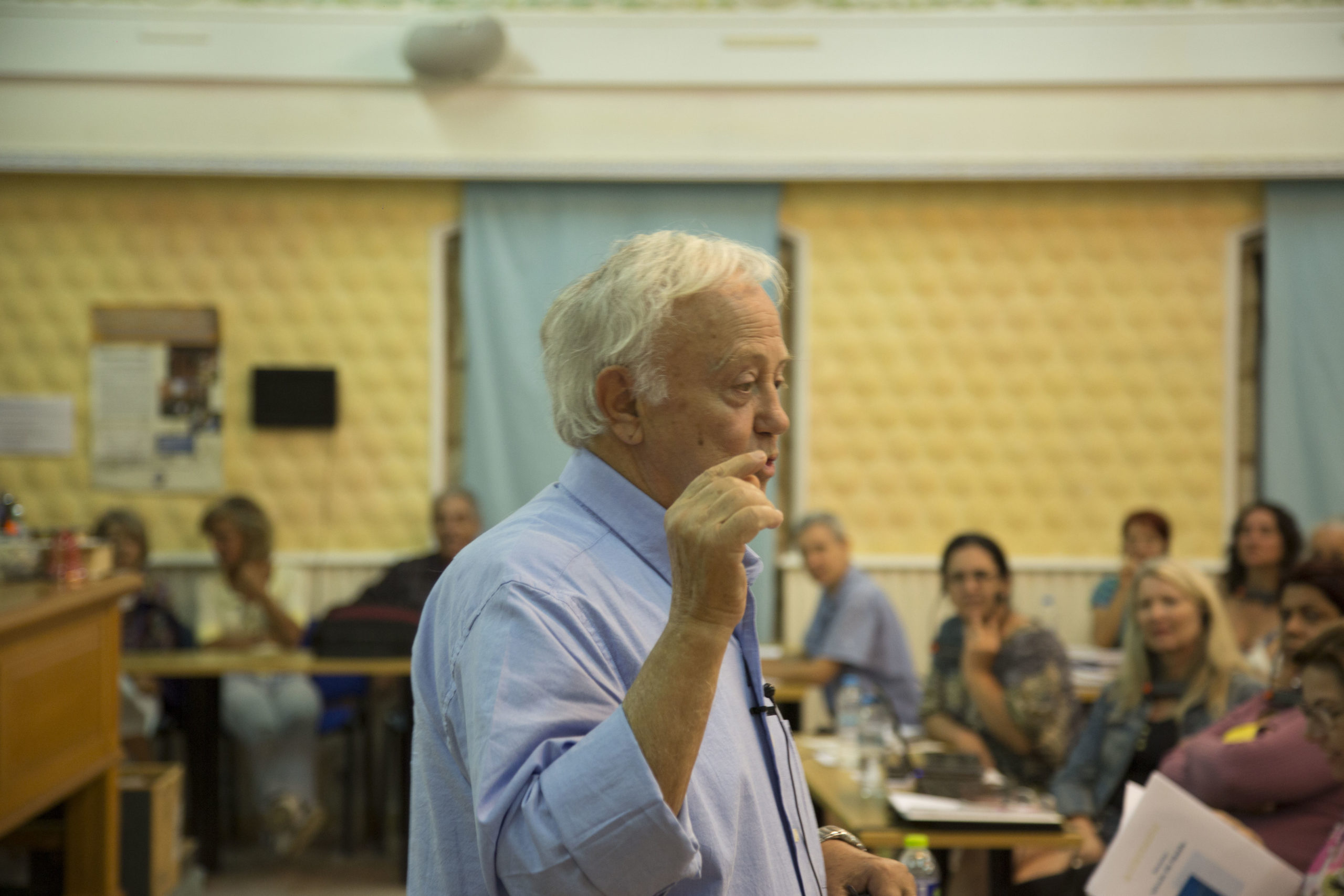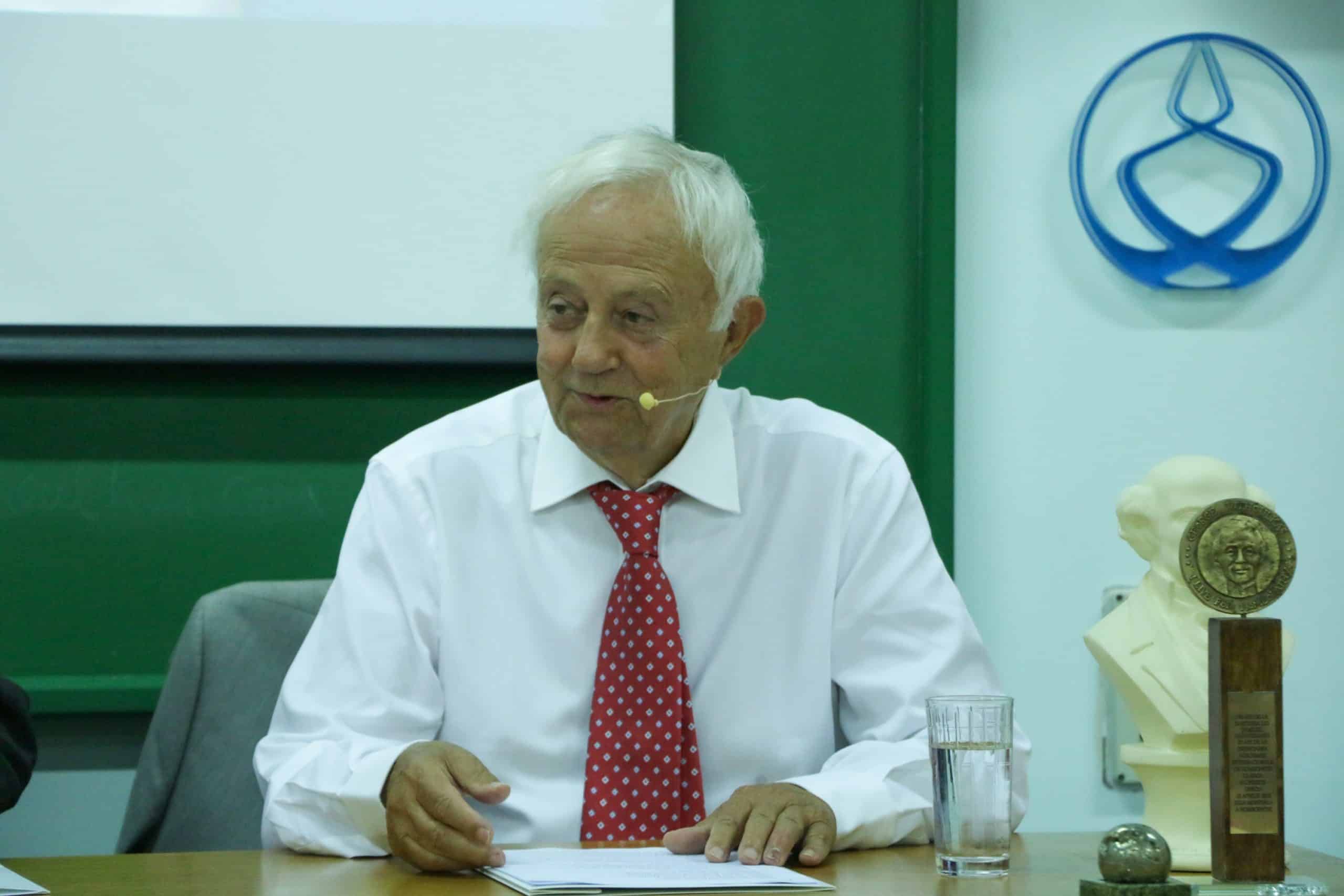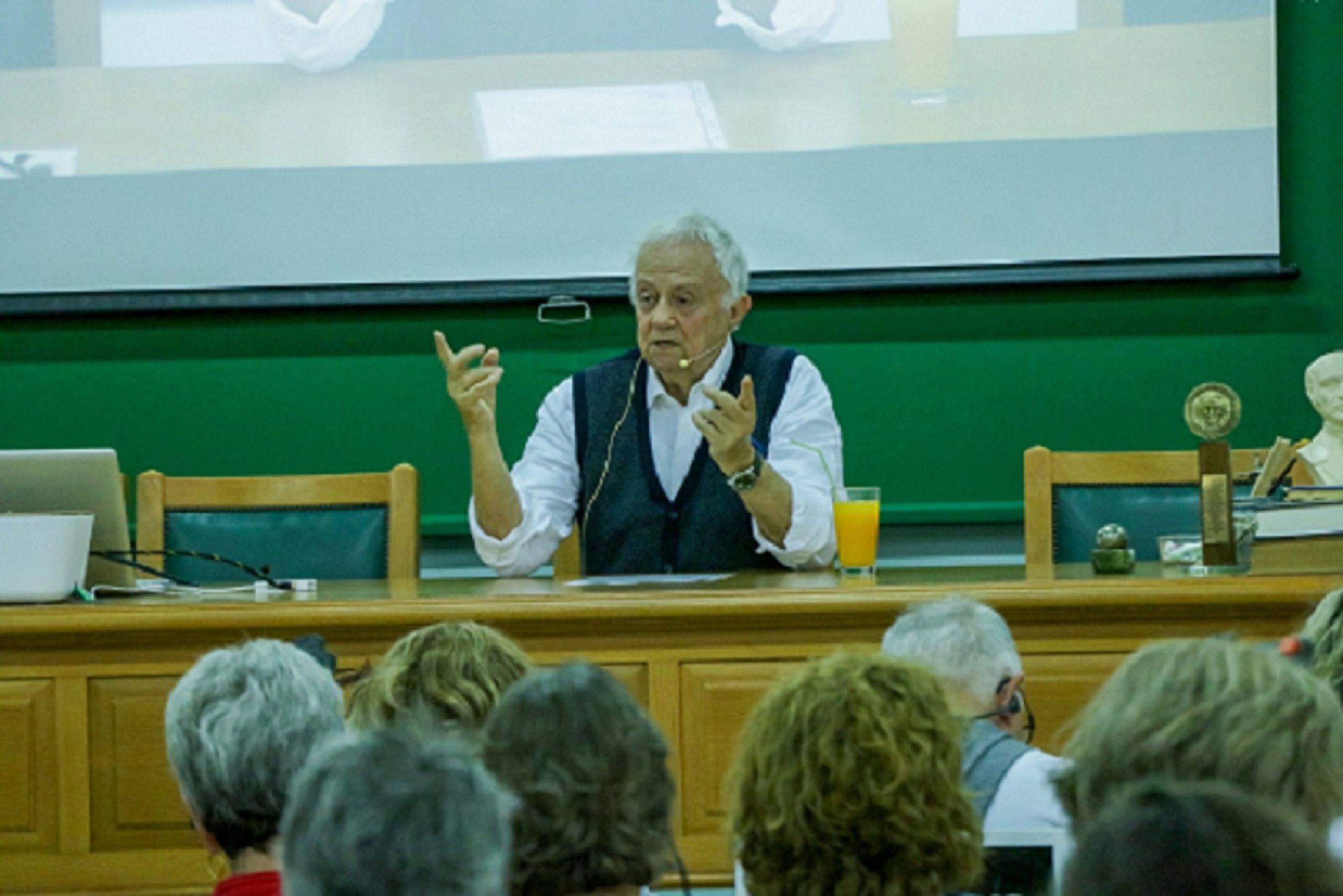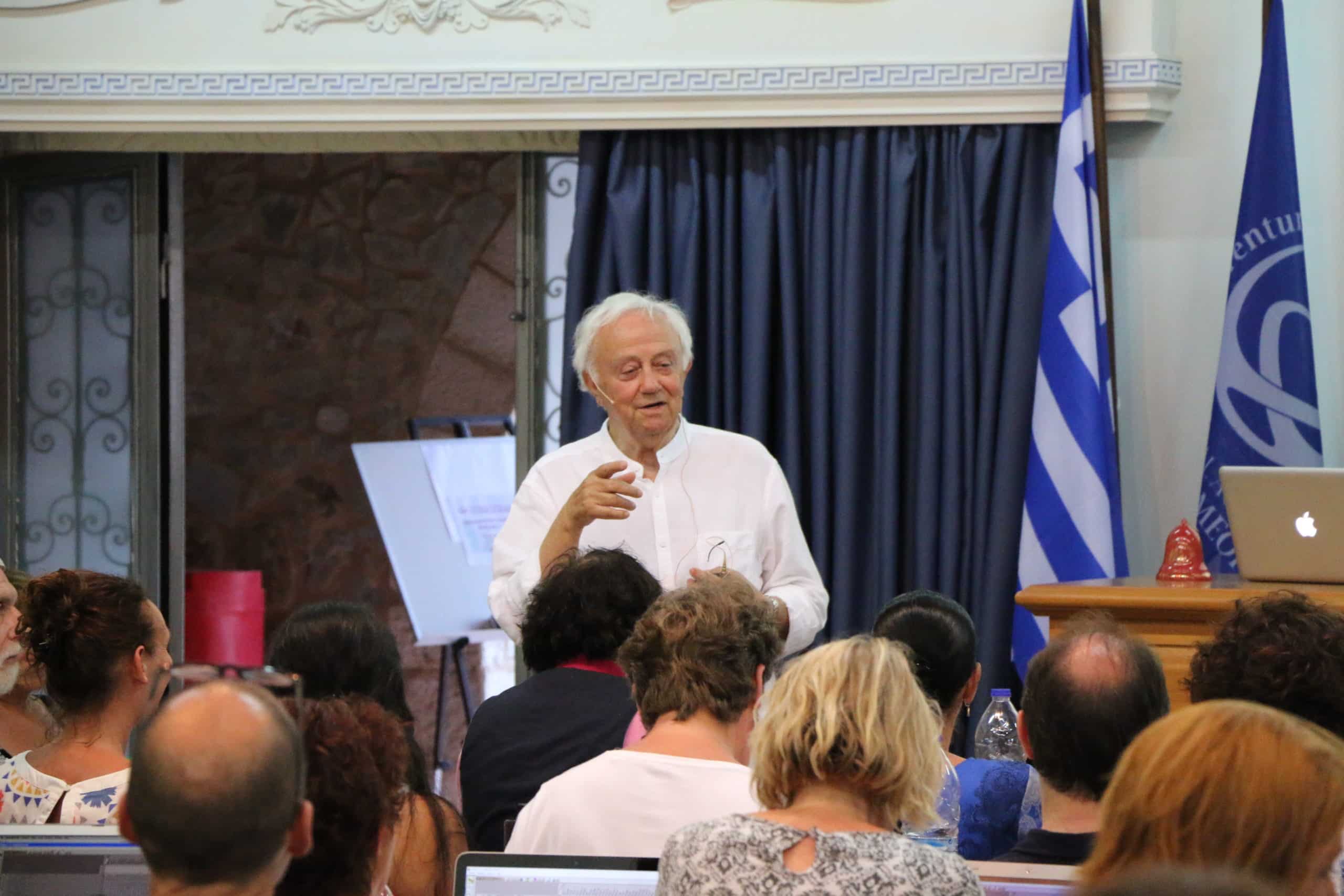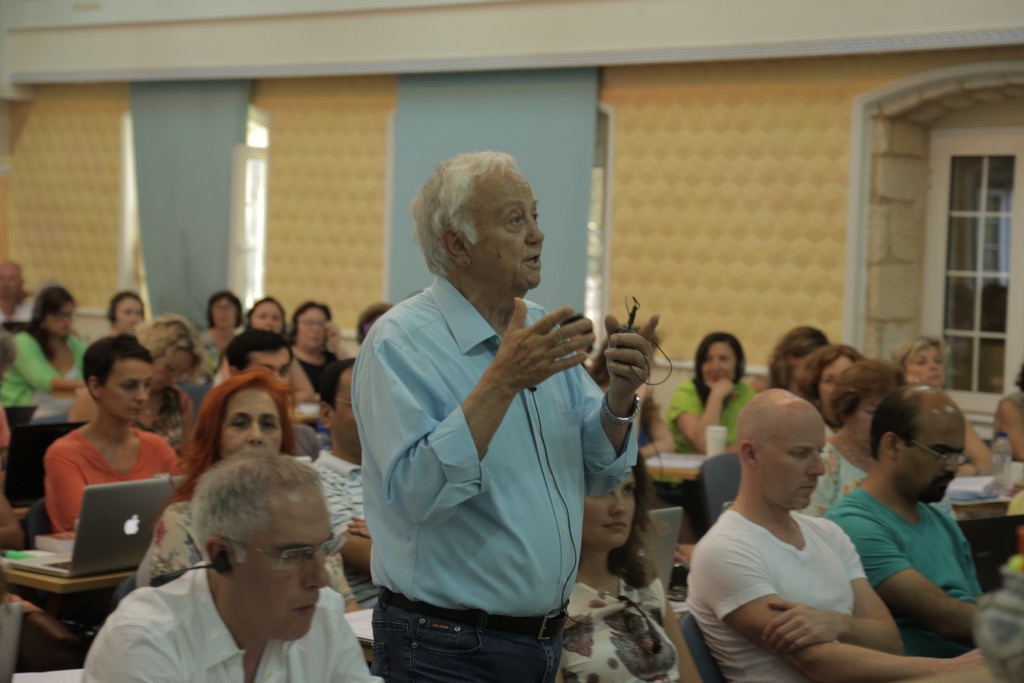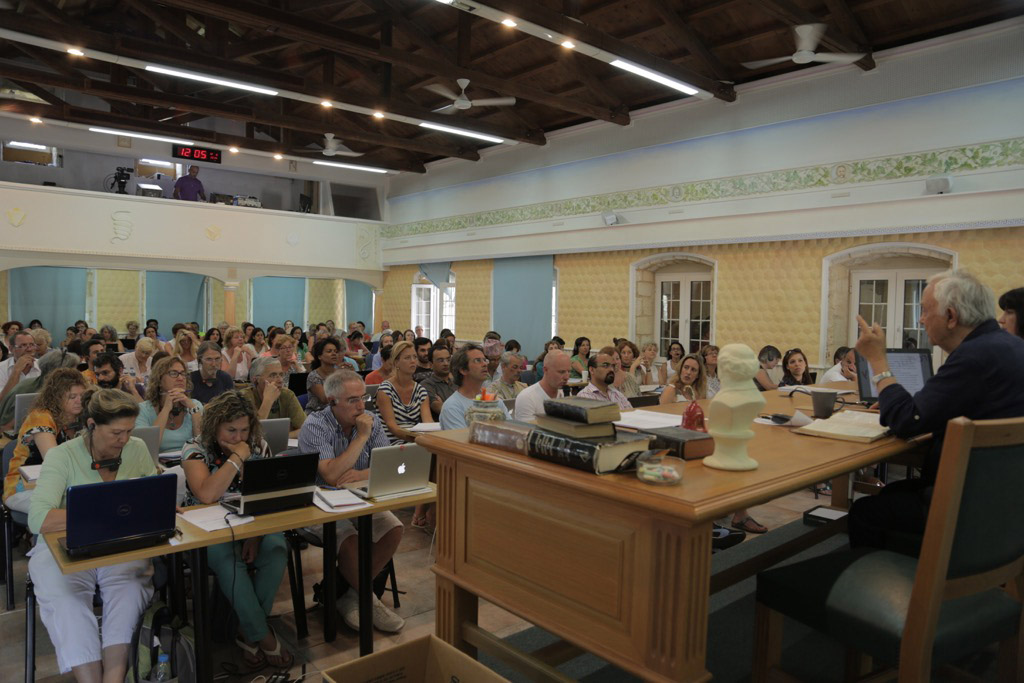An article published in the Journal FACT – Exeter University by Prof. G. Vithoulkas
I take the opportunity, after reading in the article: Homeopathy MADNESS OR MEDICINE the comments by Prof. Flavio Dantas that “provings were more fundamental than clinical trials in the evaluation of Homeopathy” to expound on this much misunderstood question of provings in the science of Homeopathic Medicine.
The question of provings in Homeopathy
An article published in the Journal FACT – Exeter University by Prof. G. Vithoulkas
I take the opportunity, after reading in the article: Homeopathy MADNESS OR MEDICINE the comments by Prof. Flavio Dantas that “provings were more fundamental than clinical trials in the evaluation of Homeopathy” to expound on this much misunderstood question of provings in the science of Homeopathic Medicine.
The allopathic view is that provings in homeopathy are nonsensical since, for instance, we all take several grams of common salt everyday without developing any symptoms of Natrum muriaticum as described in the homeopathic literature.
The same, they claim, is true with quinine, where none of those who have taken quinine have developed the symptoms of China officinalis or China-sulphurica as described in the homeopathic Pharmacopea by Hahnemann.
This superficial criticism is really naive as it is obvious that anybody who doubles their amount of intake of daily salt will start having severe symptomatology after a few days of such increased intake and the same is obviously true with quinine or with any other substance.
In the provings with high potencies things are different: scientists have the right to be more sceptical. Nobody will actually believe that high potencies such as 30c 200c 1M or 10M (1/100 10.000!!!) could ever produce any symptom since all these dilutions-potencies contain not one molecule of the original substance as all of them are beyond the Avogadro Number. This is a legitimate question because the inquirer lacks the real information of what Hahnemann instructs concerning the provings.
On the other hand some naive homeopaths of today maintain that a highly diluted-potentised remedy will provoke a host of symptoms on most of the provers.!! Such a point of view is equally wrong and not according to the information given by Hahnemann in his Organon of the Art of Healing and has unfortunately damaged irreparably the science of HOMEOPATHY.
In the aphorism 32 of the Organon, Hahnemann gives precise instructions as to the capacity of the medicinal substances to produce symptoms.
What he actually says is that for every person there is a large enough dose that will produce symptoms in his organism this dose may be different for each individual. But definitely if you increase the dosage any individual will be affected by the substance and the organism will react by producing some symptomatology. All side-effects of allopathic-chemical drugs are nothing else but “provings” in a homeopathic sense. Homeopaths would prescribe them in cases where the patients presented diseases similar to these side-effects.
So if we want to find out the point at which an individual starts having symptoms we will have to follow a precise method of investigation.
Therefore there can be no doubt that if, during an experiment with a substance, you increase sufficiently and for some period the dose of the substance to be tested, every “prover” will eventually be affected and his organism will react with a multiple array of symptoms.
In order to establish the particular symptomatology that a substance can produce upon the human organism we must follow certain rules *.
1. In a group of say 50 provers you start giving the substance in 1 sub-toxic 1 doses (every substance can be concentrated in its mother tincture state so as to become toxic) observing closely the effect upon the provers. Let us suppose you are examining the remedy Bryonia. You start giving to each prover 30 drops of the mother tincture.
A few of them may start showing reactions- symptoms even after the first day. Such provers must stop taking the remedy. A few of the other provers will start having symptoms after the second, third, fourth or fifth day and so on until all the provers have some symptoms at the end of the experiment (One month where the dose is increased by more frequent repetitions day after day).
2. Those that started having symptoms on the first, second or third day are obviously the most sensitive to the substance you are proving and it is only those sensitive individualsthat should take part in the second step of a proving with high potencies of this remedy. It is only then that some of these sensitive provers will develop symptoms from a repetition of such high potencies.
We know this to be true from another angle as well: that of the everyday practise of homeopathy.
If a practitioner gives the wrong remedy (not the one that is really indicated) in a high potency to a patient then in most of the cases there is no effect at all, the patient comes back after a month and says he is the same without any change in his condition and without any new symptoms which means that the high potency has had no affect upon him. But from time to time you may get in your practice an individual sensitive to the remedy who then develops some symptoms (from the wrong remedy) which you already know belong to the symptomatology of the remedy.
It is the opinion of the author that unless such types of experiments are conducted, the question of provings, especially with high potencies, will remain for ever in a shadow of doubt and homeopathy in the area on the fringe.
* It is easily understood, that, in this short exposure, it is not possible that all rules and all the parameters are given for such an experiment, far from, but I have tried to give the essential features of such homeopathic provings as to dispel naive criticism on the part of the allopathic physicians and naive claims on the part of some homeopaths.


